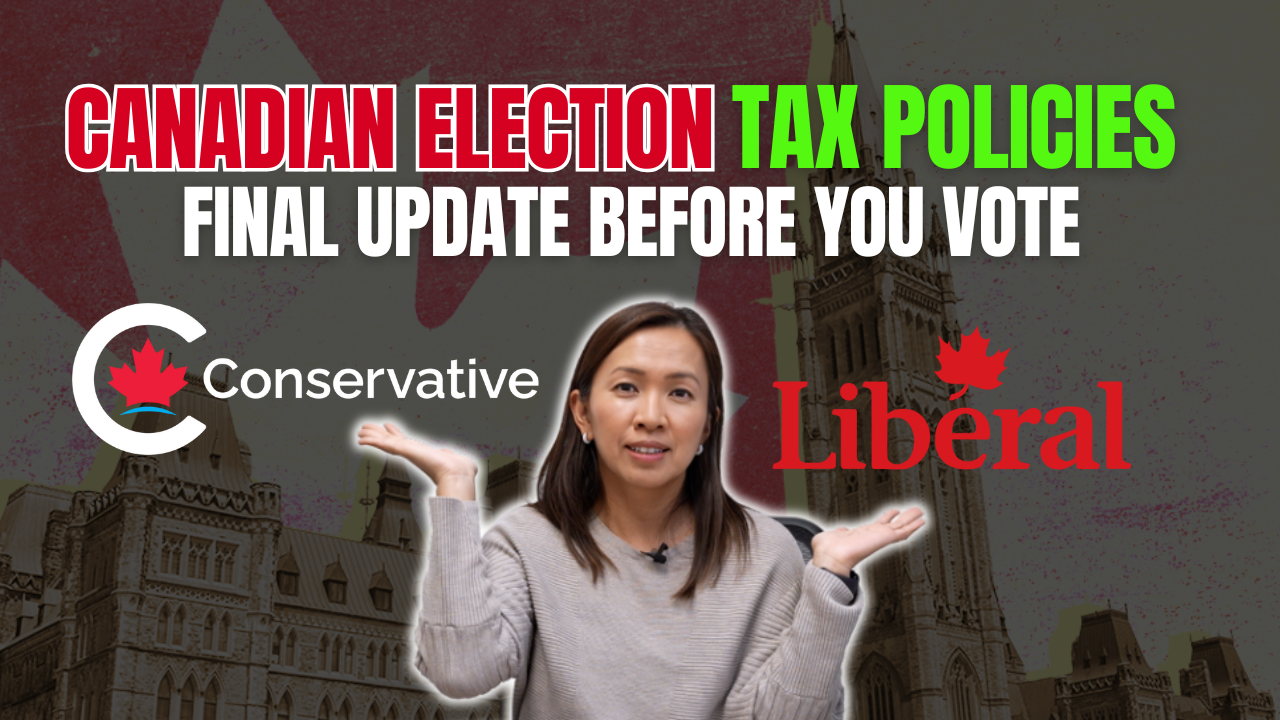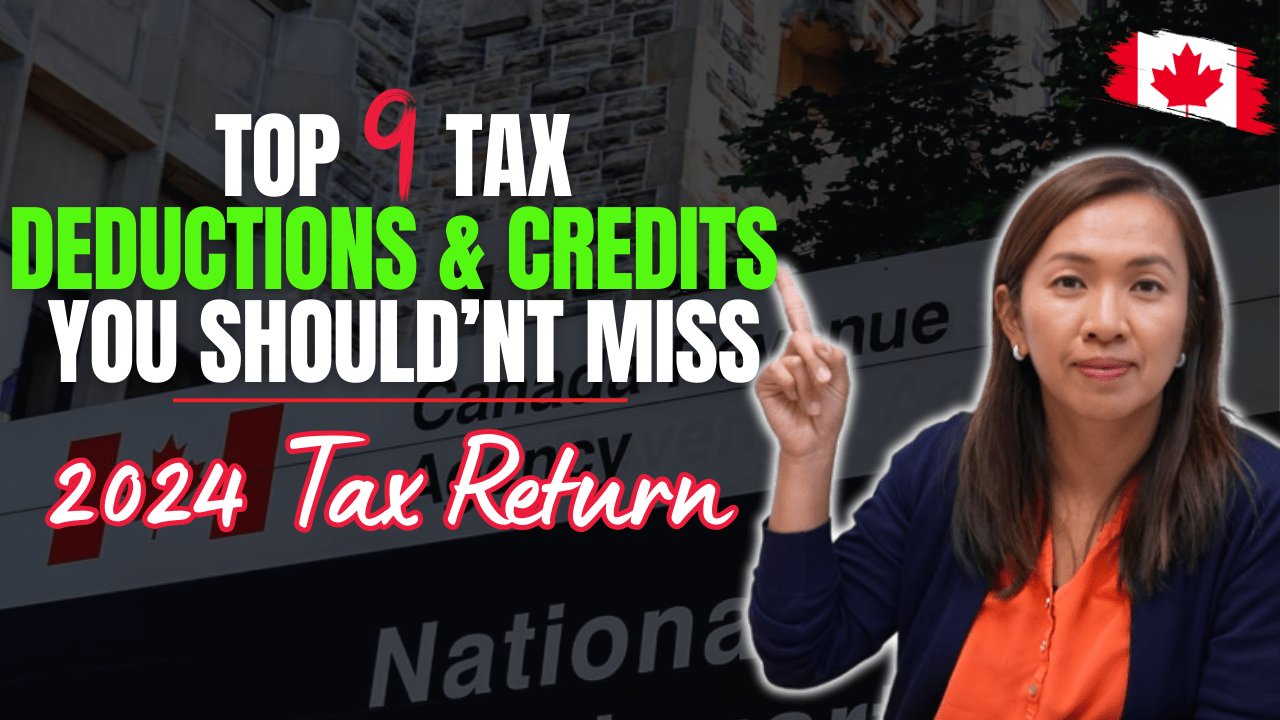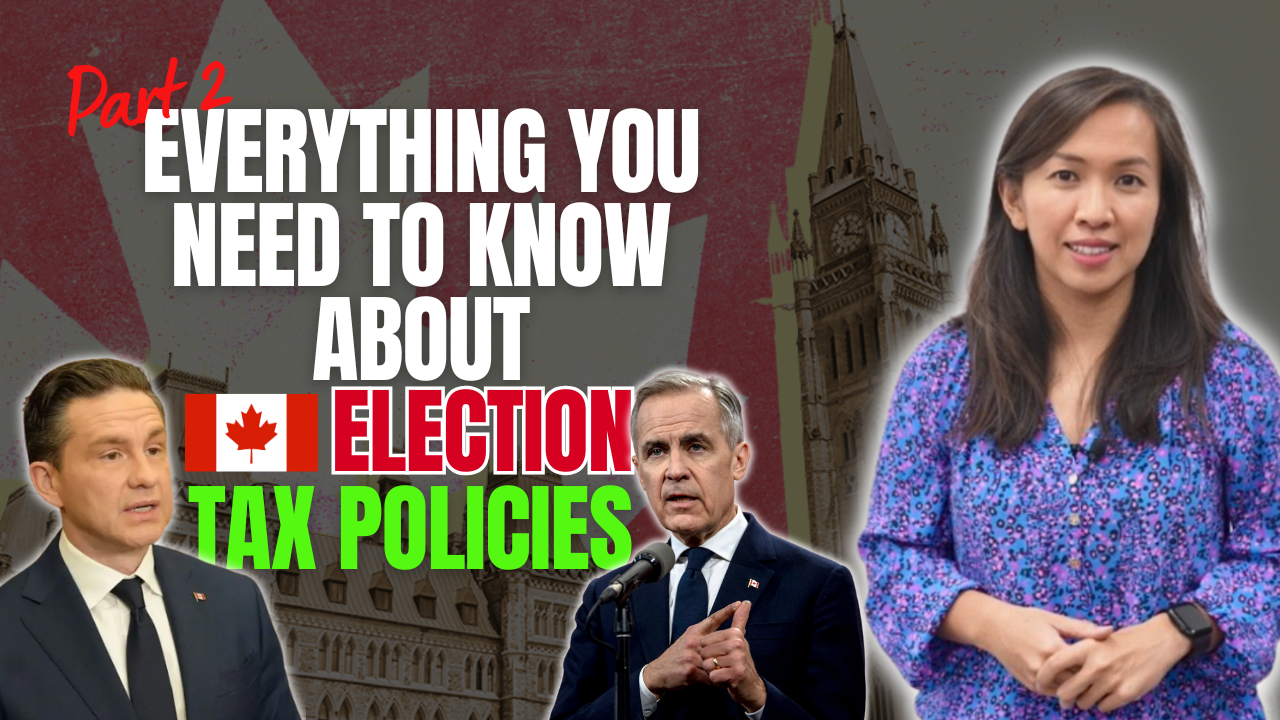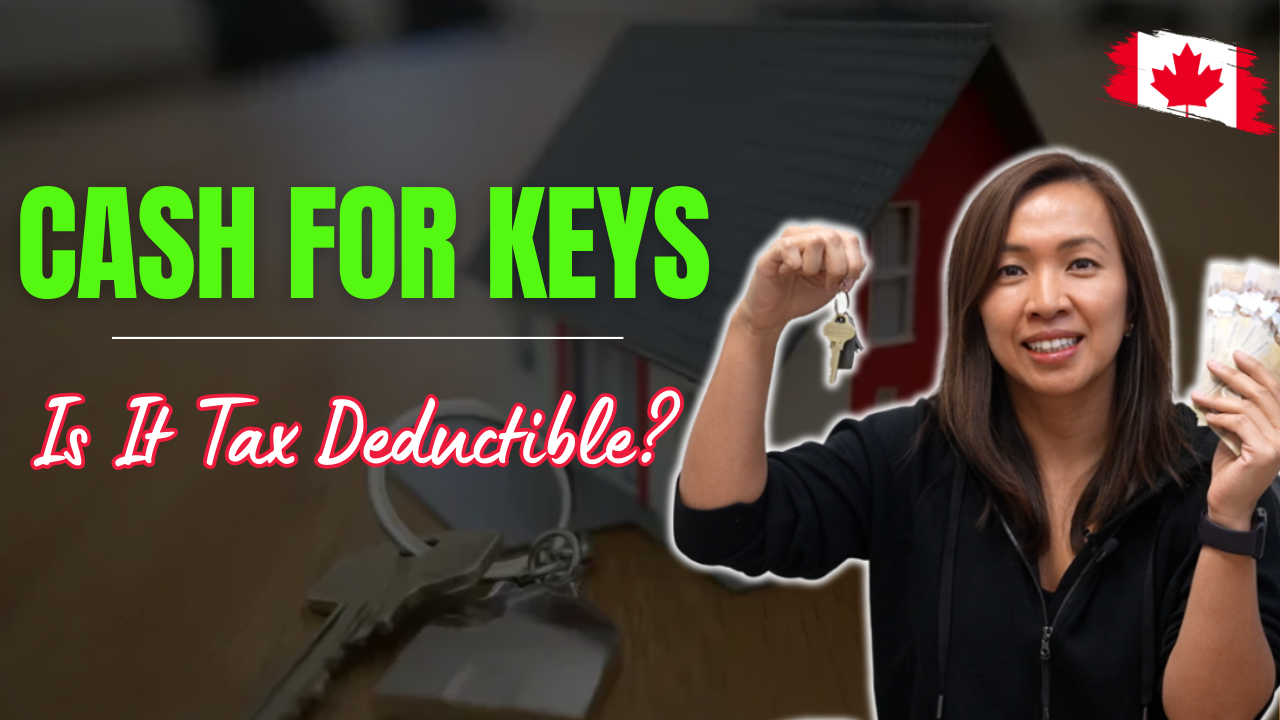Canadian tax residents are taxed on worldwide income.
If you operate a short-term rental in Japan, you are required to report the income you earned in your Canadian tax returns.
If you invest in a pre-construction home in Dubai, you’re required to report the profit you make from selling your pre-construction home in your Canadian tax returns.
If you purchase a rental property in Texas, you’re required to report the rental income you earn from doing long-term rental in your Canadian tax returns.
Most countries have implemented a location-based taxation system. This means that, even though you aren’t the tax resident of Japan, because the short-term rental income you earn in Japan, the Japanese government also wants a cut from the income you earn from their country.
What it also means is that you’re also required to file a Japanese tax return reporting your short-term rental income.
Same with Dubai – although currently Dubai does not have a capital gain tax system. Technically, foreign investors do not have a local tax obligation when they sell their pre-construction home investment.
With investment in the United States, the US Internal Revenue Services (the CRA equivalent in the US) would definitely like to get some tax money out of the rental income that you earn in the US.
Wait a minute, if you have to report everything in your Canadian tax returns, and you also have to file a local tax return, don’t you then pay tax twice in two different countries when you are investing outside of Canada?
The great news is that the Canadian Income Tax Act does recognize that you’ve already paid tax once in the foreign country. So when you report the income on your Canadian tax returns, it calculates the amount that you owe using Canadian Income Tax law, and give you credit on the foreign tax that you’ve paid on the same amount of income. The net amount would be what you owe to the Canadian government.
If your Canadian tax on the Japanese short-term rental income is $5,000, and you already paid CAD$2,000 to the Japanese government. CRA gives you a foreign tax credit of $2,000, the exact amount that you pay to the Japanese government. Instead of owing $5,000 to CRA, you now owes $3,000 ($5,000 Canadian taxes – foreign tax paid $2,000).
On a combined basis, you pay Canadian tax of $3,000 + Japanese tax of $2,000 = total of $5,000 taxes.
As another example – say you sell your Dubai pre-construction home. Since Dubai currently does not have any capital gain tax, you pay nothing in Dubai. Your Canadian tax on the sale of the Dubai pre-construction home results in Canadian tax of $5,000, and you have no foreign tax credit (since you pay no Dubai tax), resulting in total tax paid $5,000 to the Canadian government. (A bit of disclaimer here: I understand that Dubai government has started implementing capital gain tax – but I do not have professional knowledge about it. Be sure to consult your Dubai accountant if you have a similar situation)
If you buy a rental property in Florida, you pay CAD$3,000 taxes to the Internal Revenue Service when you file your non-resident tax return. You’re still required to report the same amount of revenue generated from this Floridian property, deduct the expenses in accordance to the Canadian Income Tax Act on your Canadian tax return. You also let CRA know that you already paid CAD$3K to the US government.
CRA charges you $5K of taxes on the rental income you received from the Florida property, they also give you a foreign tax credit of $3K on the amount you paid to the US government. You’ll pay $2,000 to CRA. The combined total of CAD tax of $2K + US tax of $3K = $5K total tax payable.
In another words, you’ll be paying the higher amount of tax of the two countries.
You can avoid paying double taxation, provided that
- you have the proper structure and
- proper reporting timing in place.
AND, you pay more or less the same amount of taxes whether you invest in Canada or outside of Canada.
We’ll dive deeper in the topic of what it means to have (1) Right Timing and (2) Right Structure to avoid double taxation – particularly with respect to owning real estate in the United States.
Until next time, happy Canadian Real Estate Investing.
Cherry Chan, CPA, CA
Your Real Estate Accountant





